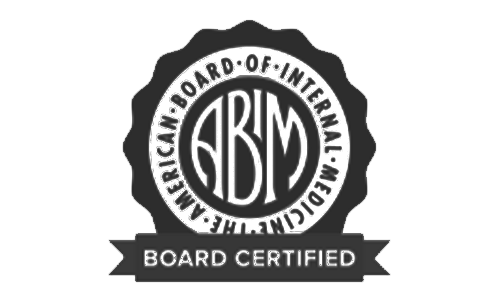Most of us know that ultraviolet radiation (UVA and UVB rays) causes wrinkles and excess pigmentation. But did you know that ultraviolet wavelengths damage DNA in the cells and create reactive oxygen molecules? These molecules, in turn, increase the activity of metalloproteinase molecules, triggering inflammation, uneven skin tone, and a decrease in the production of collagen and elastin!
What can you do about it? Topical Retinoids.
Retinoids are naturally occurring or synthetic compounds related to retinol, otherwise known as vitamin A. Vitamin A is a fat-soluble vitamin present in egg yolks, butter, and liver. Its precursor form of beta-carotene is found in carrots and green leafy vegetables.
Vitamin A (retinol) assists cellular differentiation, vision, and cell integrity. Topical forms of vitamin A, known as retinoids, activate nuclear receptors in skin cells, resulting in collagen production, the improved thickness of the epidermis (which is a good thing for aging, thin skin), and increased skin clarity and cell turnover. It also decreases atypical skin cells, a nice perk for skin cancer prevention.
You can purchase prescription retinol in the form of Retin-A, also known as Tretinoin (needs a doctor’s prescription). Or, you can opt for an over-the-counter clinical skincare retinol cream, such as Skinmedica’s Retinol Complex. Skinmedica’s 1.0 Retinol Complex performs the same as its prescription counterpart in clinical studies. We like the Skinmedica 1.0 Retinol Complex because it contains an encapsulated and patented antioxidant complex that provides targeted retinol delivery with a slower release time, making it less harsh on your skin than prescription Retin-A. That translates into less peeling and flaking.








